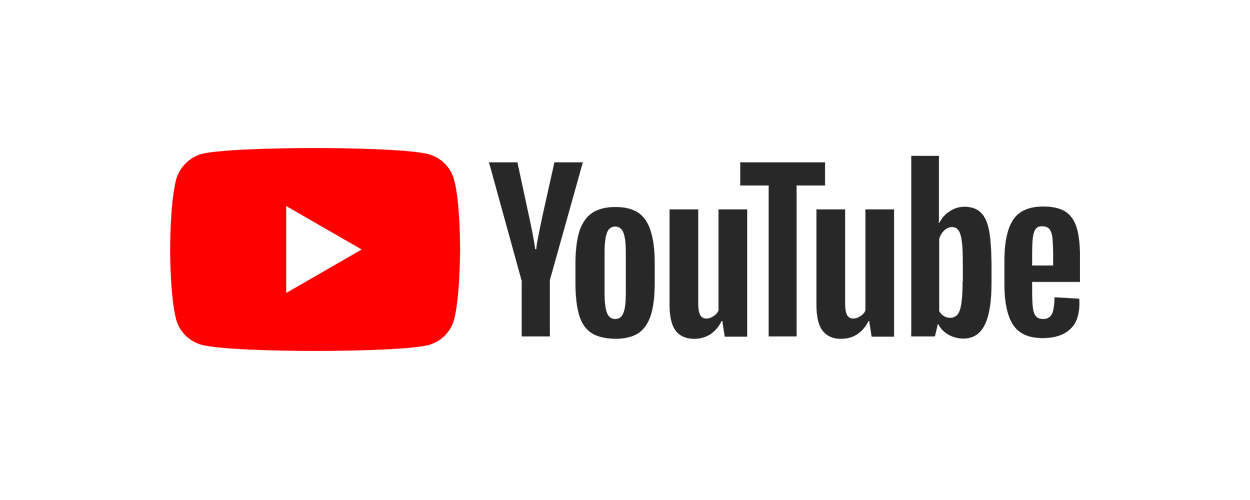This website uses cookies so that we can provide you with the best user experience possible. Cookie information is stored in your browser and performs functions such as recognising you when you return to our website and helping our team to understand which sections of the website you find most interesting and useful.
Business News Digital Legal
YouTuber sues YouTube over missing alerts and closed channels
By Chris Cooke | Published on Friday 30 August 2019

A YouTuber is suing YouTube over allegations that it failed to alert his subscribers to new content and then, after he threatened to go legal over that failure, used copyright notices as an excuse to shut down his channels.
It’s an interesting case in that it could test the obligations of YouTube to the creators who use its platform to distribute their videos and grow a business around their content. And also how it should deal with complaints filed against videos by other copyright owners, and any counter-claims the creators of said videos then submit.
DJ Short-E, real name Erik Mishiyev, says that he made a decent income from his two YouTube channels, where he posted a mix of original music, DJ mixes and celebrity interviews. Having become a content partner of the Google video site, Mishiyev was able to share in any ad income generated on his two channels.
In a lawsuit filed this week, Mishiyev says he made $310,000 in ad income from his YouTube content over a five year period. But, despite continuing to add thousands of new subscribers each month, he started to notice that his videos were not getting the same level of views as on channels with similar sign-up rates.
Then one new subscriber contacted him to say that, despite having subscribed to Mishiyev’s channel and requested notifications of new content, they were not receiving alerts as new videos were posted. Fearing that this was one of the reasons his video views were lower than expected, Mishiyev started to contact the YouTube support team about the potential issue.
The lawsuit states: “Plaintiff was concerned about this suspicious activity and sought confirmation numerous times from YouTube that they were truly distributing his new videos to his fans and subscribers, but YouTube failed to provide such confirmation, stating ‘they could not share this information’ with him”.
Having not got to the bottom of the missing alerts issue, late last year Mishiyev threatened legal action against the video site. At that point, he alleges, a flurry of copyright complaints appeared against his content and, whereas in the past he had successfully dealt with such complaints by filing counter-notices, this time that didn’t work.
He says he was initially told by YouTube that some of his counter-claims were ineligible. That statement was then retracted and YouTube said it would process said claims. But Mishiyev says that never happened. As a result of the copyright claims his channels were blocked, depriving him of the ad income his videos would have generated, and also impacting on his business beyond the video site.
The lawsuit adds: “Although YouTube stated they removed his channels and videos for copyright claims, the removals appeared to plaintiff to be in retaliation for his placing them on notice that he would be filing a lawsuit”.
Mishiyev is suing YouTube for $720,000 in damages. It’s a potentially optimistic lawsuit that probably won’t go the distance. But if it did, as we said, it would be very interesting to see how things progressed. Because beyond the allegations of YouTube’s bad conduct, there is the bigger issue of what obligations, exactly, the video site really has to the people who distribute content through its platform.





